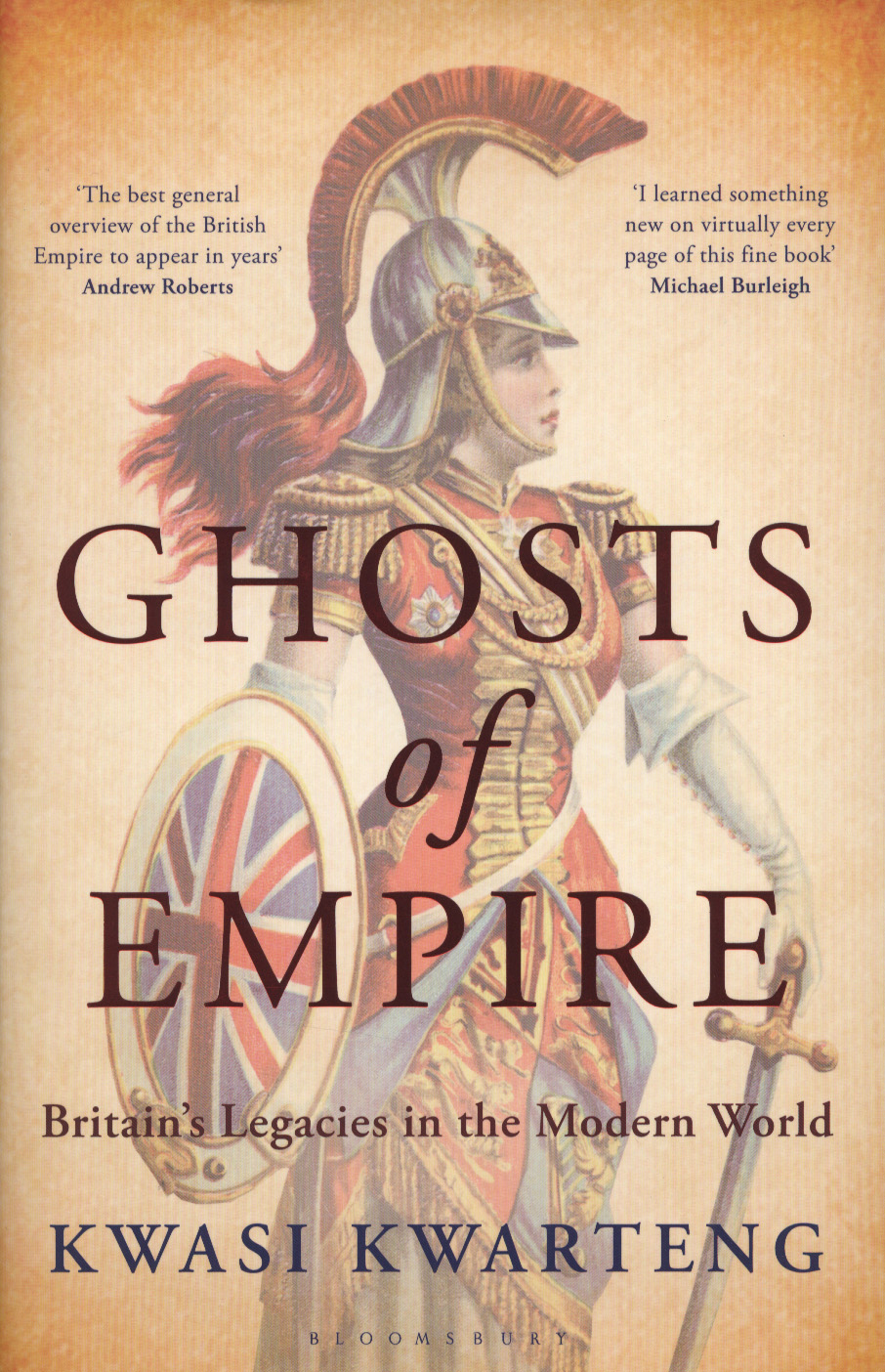Henry Kissinger, claims
the late Christopher Hitchens, is a war criminal. He sanctioned the illegal
bombing of Cambodia and Laos, he was complicit in the murder of Chilean general
Rene Schneider and he sabotaged the Geneva peace talks of 1968. He abused his
power to augment his reputation, and his foreign policy ran contrary to liberal
American values.
Indeed, evidence suggests he condoned Indonesia’s invasion of
East Timor and the Greek junta’s plan to kidnap and murder an émigré journalist,
Elias P. Demetracopoulos.
At the moment it is
impossible to judge. Largely this is because Kissinger’s private papers are
still under lock and key (he cut a deal with the archives to preserve the material
until his death). To the mind of Hitchens, in itself this suggests illegality.
It certainly does raise eyebrows. Nevertheless, until these records are opened,
and until historians get access to all the facts, it remains difficult to disassociate
evidence from assertion.
Put simply, this means I’m
not convinced. In all likelihood there exists a middle ground between the accusations
of Hitchens and Kissinger’s denials. It’s here, in this grey, where truth most
probably resides.
As an example of modern
polemic alone, The Trail of Henry
Kissinger deserves to be read. Beautifully crafted, each chapter seethes
with rage. Politics has become a civilised discourse, and this book makes you
wonder why. Hitchens goes straight for the jugular, and while this may be too
violent for some tastes, it is a refreshing, honest approach to argument.
More broadly, I was left
contemplating three points. First, can human rights and realpolitik be reconciled? Many of Hitchens’ claims stem from the fact that Kissinger failed to
value human life over geopolitics. In other words, in order to advance American
strategic interests, Kissinger was prepared to incur collateral damage, which
often took the form of men, woman and children. While I don’t think he took
such decisions lightly, he sought to continue a tradition which was embodied by
Metternich and Bismarck. He was first and foremost a strategist. Could such a
policy be pursued today?
Second, does the fact that
some nations are above international reproach impact negatively upon foreign
policy decision making? For instance, while it has become relatively common to
see a rouge ex-head of state from Africa or South America before a criminal
tribunal, or a truth and reconciliation committee, no such fate would befall an
ex-leader of the ‘West’. Does this encourage risk taking?
Finally, is the any way to
bring some accountability into diplomacy? Is there a way to police decisions or
at least open them up for public scrutiny? If we could, the record of men like Kissinger would certainly be clearer.
